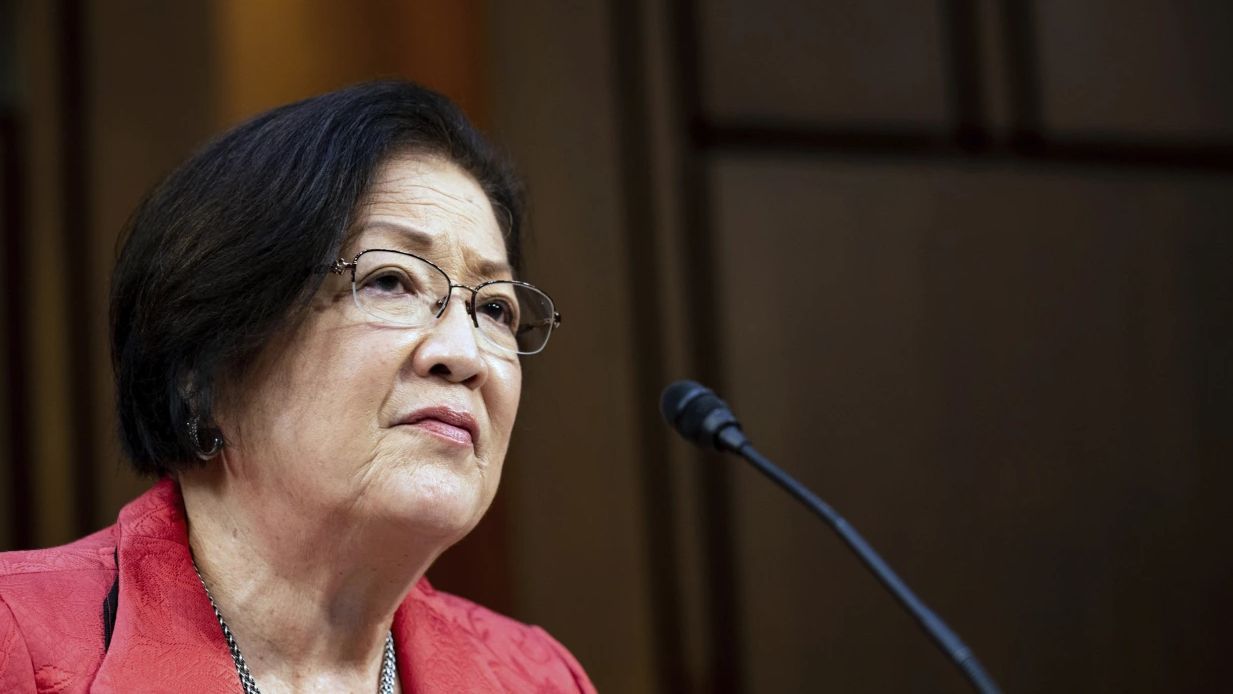Since its introduction in 1994, the Violence Against Women Act has provided billions of dollars of funding to law enforcement, housing authorities, victim’s rights attorneys, counseling services and other resources that address the needs of those who have survived domestic violence, sexual assault, sex trafficking and other crimes against women.
That support, however, has not been directly available to women of Native Hawaiian ancestry — a decades-long oversight that may soon be rectified.
On Friday, the U.S. Senate voted unanimously to amend VAWA to specify that Native Hawaiian survivors of gender-based violence to will also have access to programs and resources provided under the act.
“For decades, Congress has provided funding to organizations that support survivors of gender-based violence through the Violence Against Women Act,” said Sen. Mazie Hirono, D-Hawaii, who spearheaded the measure that would amend VAWA. “This funding is critical to support all women, including Native women who experience disproportionately high levels of sexual violence. However, Native Hawaiian women have been excluded from accessing these much-needed resources.
“This bill will allow Native Hawaiian survivors to get the support they deserve, and will enable Native Hawaiian organizations to do even more in the fight to end sexual violence,” Hirono said.
While the VAWA had gone unauthorized for the last four years because of partisan disagreement over proposed gun-control provisions, funding for most programs continued. The act was finally reauthorized as part of a $1.5 billion omnibus package Pres. Joe Biden signed in March.
As Hirono noted, indigenous women experience disproportionately high levels of sexual violence. The Office of Hawaiian Affairs has estimated that more than two-thirds of sex trafficking victims in Hawaii are Native Hawaiian women and girls.
And while VAWA offers services, training, officers, prosecutors and grants to eligible “Native-serving” nonprofit organizations, language and drafting issues in the original bill effectively prevented Native Hawaiian organizations from using STOP funds to serve Native Hawaiian communities. Hirono’s legislation fixes those issues.
Hirono has been advocating for a solution since she first learned of the de facto exclusion in 2016. More recently, a coalition of Native Hawaiian groups wrote a letter to the senator to solicit her help in introducing corrective legislation.
Last week, Hirono took to the Senate floor to urge passage of the measure.
“By passing this simple technical fix, we can ensure that Native Hawaiian women can access the benefits and support included in this critical Violence Against Women Act,” Hirono told her colleagues.
Editors note: The measure now heads to the House of Representatives. An earlier version of this story incorrectly stated that the bill was being forwarded to Pres. Joe Biden for final approval.
Michael Tsai covers local and state politics for Spectrum News Hawaii.



